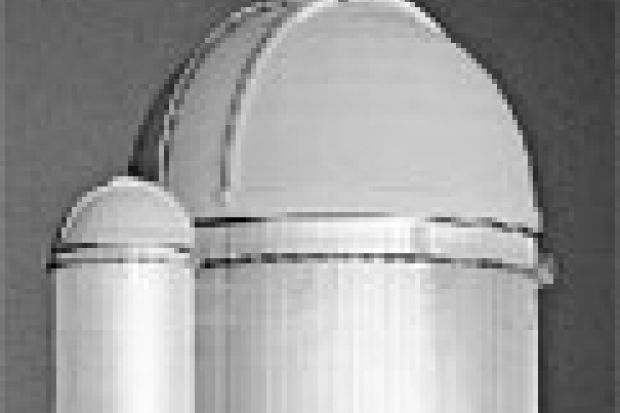Astronomers have applauded the government's announcement that the United Kingdom will be joining the European Southern Observatory.
Sir Martin Rees, the Astronomer Royal, said: "The UK has slipped internationally in terms of large telescopes. The ESO has proved itself to be a world beater and it is certainly right that we should join."
ESO membership will cost £12 million a year with a joining fee of about £70 million. It will give British astronomers access to a suite of four 8m optical telescopes being built in Chile, and a role in the future development of far larger telescopes.
The Particle Physics and Astronomy Research Council will be given an extra £20 million to enable the UK to join.
The remainder of the fee will have to be found from the PPARC budget. The PPARC is consequently restructuring its ground-based astronomy programme, leading to fears that facilities such as the Isaac Newton Group of telescopes on La Palma, the Anglo-Australian Telescope and the Merlin national radio astronomy network may be at risk.
The announcement came as part of the government's science budget spending review for 2001-04, which represents a 7 per cent per year increase in real terms over the next three years, according to trade and industry secretary Stephen Byers. "What is needed is long-term sustainable investment," he said.
Much of the extra money has been earmarked for special programmes. This includes an extra £356 million for new initiatives including three cross-research council programmes. These are:
- Genomics - £110 million to develop powerful instruments and data management tools
- e-science - £15 million as a cross-research council programme; a further £74 million will be top-sliced from the individual research councils to fund e-science in their own subject areas
- basic technology (covering areas such as nanotechnology) - £44 million.
The DTI's contribution to the Joint Infrastructure Fund - run with the Wellcome Trust - will be £125 million in 2001-02. Its contribution to the JIF's successor, the science research investment fund, will rise to £250 million in 2003-04.
PhD students will see stipends rise to a minimum of £9,000 by 2003-04. In some cases, the stipend will be higher - the Engineering and Physical Sciences Research Council, for example, is allowing departments to pay more.
Finally, £110 million over three years has been allocated to knowledge transfer.
Register to continue
Why register?
- Registration is free and only takes a moment
- Once registered, you can read 3 articles a month
- Sign up for our newsletter
Subscribe
Or subscribe for unlimited access to:
- Unlimited access to news, views, insights & reviews
- Digital editions
- Digital access to THE’s university and college rankings analysis
Already registered or a current subscriber?
